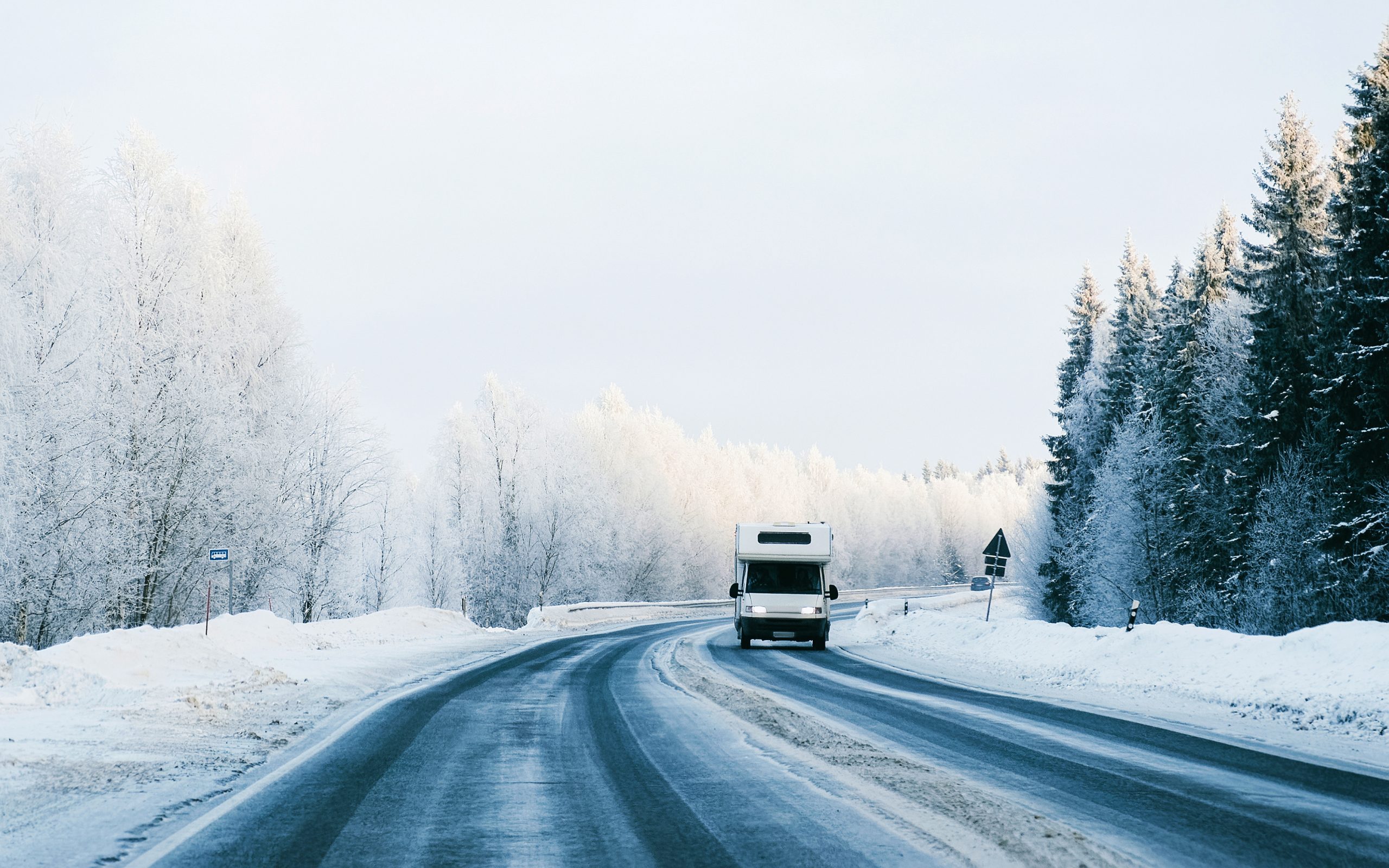Winter is on the way, and with freezing temperatures come frozen pipes, cracked fittings, battery failures, and surprise repair bills that can chill even the most seasoned travelers. Before you park your rig for the season or head south to chase the sun, it’s crucial to understand whether your RV insurance covers winterization-related damage. Spoiler: many RV owners only realize their policy gaps once it’s too late — and “RV winter” isn’t a season your wallet wants to take lightly.
Winterization Isn’t Optional — It’s Essential
RVs are built for adventure, not arctic living. When temperatures fall, water expands, plumbing bursts, seals crack, and batteries drain. Proper winterization protects your coach and — most importantly — your budget.
Typical winterization includes:
- Draining and flushing plumbing systems
- Adding RV antifreeze
- Inspecting and sealing windows, vents, and roofs
- Disconnecting and maintaining batteries
- Protecting tires, fuel, and engine systems
Skipping steps can mean thousands in repairs come spring. Worse, many owners assume insurance will cover the damages… and it often won’t.
What Insurance Usually Covers
Most RV insurance policies cover sudden and accidental damage — so if something unexpected happens during winter, you may be protected. Examples include:
- Storm damage (hail, falling branches, wind)
- Fire or theft
- Pest damage in some policies
- Ice or snow-related roof collapse (case-specific)
If your RV was properly maintained and winterized, insurers are far more likely to approve a claim.
What Insurance Usually Does Not Cover
Here’s where many RVers get caught in the cold. Insurers often exclude damage caused by neglect or improper maintenance, including:
- Frozen pipes or tanks from failing to winterize
- Mold or mildew from moisture buildup
- Roof leaks due to neglected seals
- Dead or damaged batteries from improper storage
- Damage caused by rodents (varies by policy)
In other words — if winterization wasn’t documented or done correctly, insurance may deny your claim.
Pro Tip: Document Your Winterization
Whether you winterize your RV yourself or take it to a dealer, keep records. Insurers rely on documentation when evaluating claims.
Suggested proof:
- Receipts for services and supplies
- Photos or videos of drained lines and preparation
- Service logs
If you can show you cared for your RV, you stand a stronger chance if you ever need to file a claim.
Snowbirds: This Applies to You Too
Even if you are heading south, winterizing matters. A cold snap in a typically warm region can cause major damage quickly — and snowbird destinations have experienced record freezes in recent years.
If you will not winterize fully, consider:
- Heated hose and tank heaters
- Skirting and insulation
- Battery maintenance plan
- Temperature monitoring equipment
RV Winters: Peace of Mind for the Road Ahead
Your RV isn’t just a vehicle — it’s a home on wheels and a gateway to adventure. Don’t let winter weather put it at risk. Review your policy now and talk with a specialist who understands the unique needs of RV owners.
At Happy Camper Insurance, we help owners choose coverage that protects against the unexpected — including harsh RV winter conditions, storage risks, and seasonal travel concerns. If you want to make sure your rig is fully protected before the temperatures drop, contact us for a policy review.
Stay prepared, stay covered, and enjoy every season on the road.


